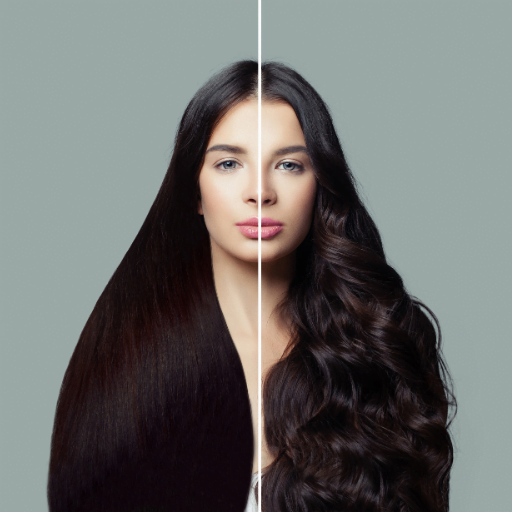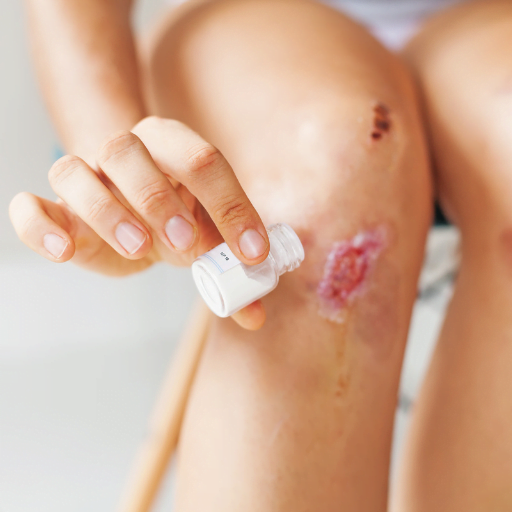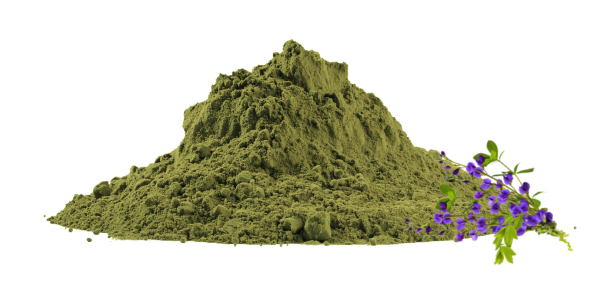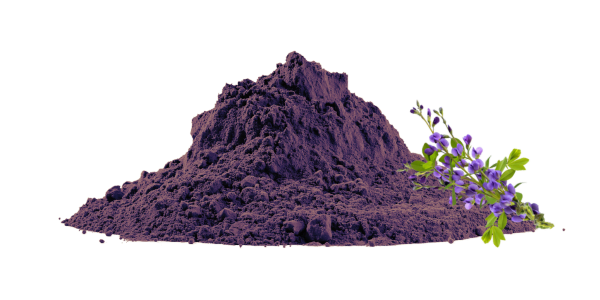Indigo powder is a finely ground form of the dried leaves of the indigo plant, scientifically known as Indigofera tinctoria. This natural powder is well-known for its traditional use as a natural hair dye and for its potential benefits in Ayurvedic and traditional medicine.
Indigo powder is highly regarded for its hair coloring properties. When mixed with henna powder, it can produce various shades of brown to black hair colors. This makes it a popular and natural alternative to chemical hair dyes for those seeking to color their hair without harsh chemicals.
In addition to its hair dyeing benefits, indigo powder is recognized for its potential benefits for scalp health. It is believed to have cooling and soothing properties that can help promote a healthy scalp and address common scalp issues.
Furthermore, indigo powder is known for its potential use in skincare. It has been traditionally used for its anti-inflammatory and astringent properties, making it beneficial for certain skin conditions and promoting skin health.
Product Details
| Overview | |
|---|---|
| Product Name | Indigo Powder |
| Scientific Name | Indigofera Tinctoria |
| Common Name | Avuri, Neeli, Neela |
| Type | Dried |
| Form Factor | Powder |
| Supply Ability | 5000Kg per week |
| Supplier | Arizone International LLP |
| Country of Origin | India |
| Delivery Time | Depend upon your location. |

Boost Immune System
Some practices use indigo powder for immune system support, although further research is needed to understand its specific effects.

Support Body Detoxification
Indigo powder is used in certain traditional detoxification practices to aid in the removal of toxins from the body.

Help Reduce Inflammation
Indigo powder is believed to have anti-inflammatory effects that may help reduce inflammation and related symptoms.

Promote Hair Growth
Indigo powder is used in hair care to promote hair growth, condition hair, and reduce scalp-related issues.

Speed Healing Process
It is believed to have wound-healing properties and is used in the healing process of minor wounds.

Support Skin Health
Some traditional practices use indigo powder in skincare to soothe skin irritation and support overall skin health.



